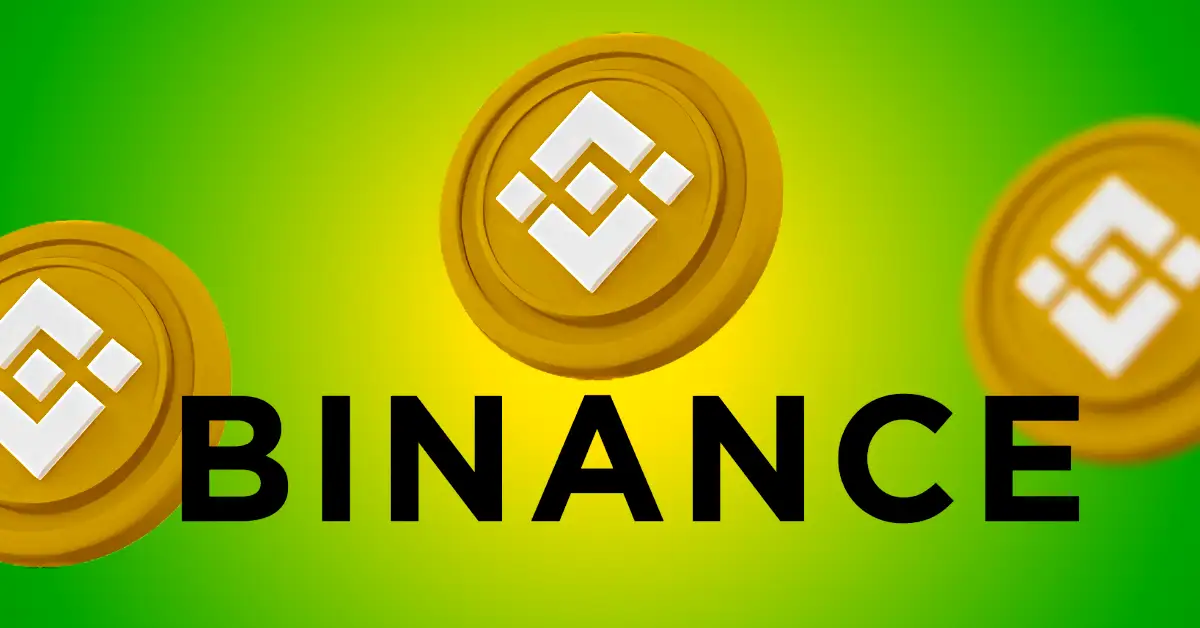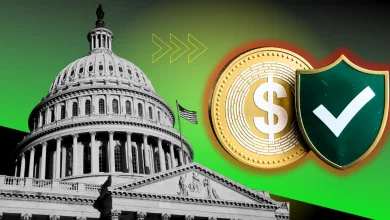
ASIC alleges Binance misclassified retail investors as wholesale clients, denying them crucial protections when trading crypto derivatives.
This misclassification potentially violated Australian law and could result in the loss of Binance's Australian license.
This case highlights the increasing regulatory pressure on crypto exchanges globally.
As Bitcoin reaches new heights, hitting an all-time high of $107K, Binance finds itself caught in yet another legal storm. This time, the Australian Securities and Investments Commission (ASIC) has stepped in, accusing Binance Australia Derivatives of serious compliance failures.
The accusations focus on a major issue: the exchange allegedly misclassified over 500 retail investors as wholesale clients, denying them critical consumer protections under Australian law.
Serious Consequences for Binance
The charges are serious, and Binance could face significant consequences, including the potential loss of its Australian operating license. The accusations focus on a period between July 2022 and April 2023, during which Binance Australia allowed retail investors to trade high-risk crypto derivatives.
However, these investors were wrongly classified as wholesale clients, which meant they didn’t receive essential protections like proper disclosure statements and access to dispute resolution. In total, 83% of Binance’s Australian clients were impacted.
ASIC’s Strong Allegations
ASIC accuses Binance of operating unfairly and not following Australian laws. The regulator says Binance’s compliance systems were inadequate and lacked transparency, which resulted in financial losses for many clients. Sarah Court, ASIC’s Deputy Chair, stated that Binance failed to meet the requirements of its financial services license.
Binance’s Legal Drama Continues
Binance has faced similar issues in other countries. Nations like Nigeria, India, and the US have already taken action against the platform for various violations. In the US, Binance is linked to illegal money laundering activities that allegedly funded terrorist organizations such as Hamas.
Additionally, the exchange is currently involved in an intellectual property theft case. Binance is also facing a trademark dispute with Mark Longo, who owns Peanut the Squirrel, demanding the exchange stop using the name “PNUT” for its memecoin.
Other Platforms Facing Scrutiny
Before targeting Binance, ASIC fined Kraken, a major crypto platform, for offering illegal margin trading products in Australia, resulting in over $8 million in losses for local traders. These recent cases highlight the growing need for consumer protections and the risks associated with trading crypto derivatives.
The Global Crypto Regulation Challenge
While the US is moving toward more crypto-friendly regulations, other countries, including Australia, are still trying to catch up with outdated policies that fail to address the rapidly changing crypto market.
Will Australia realize the true potential of the crypto market in time? We’ll have to wait and see.








